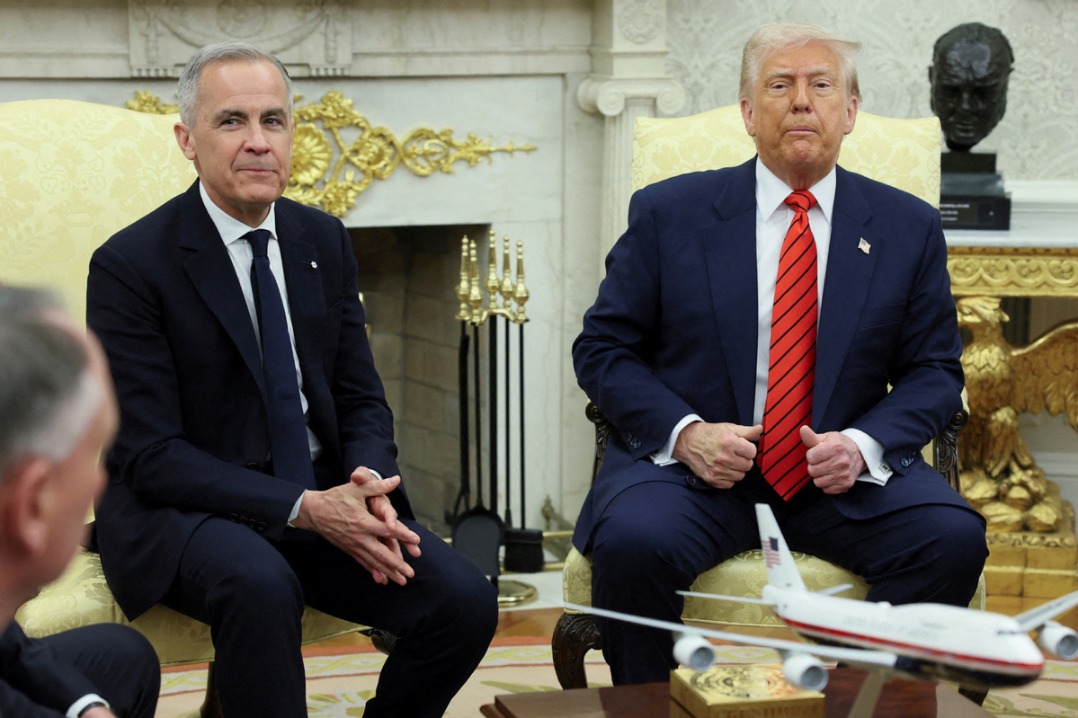German gov't records surplus of 45.3 bln euros in H1


BERLIN -- The German government has recorded a surplus of 45.3 billion euros ($50.3 billion) in the first half of 2019 (H1), the German Federal Statistical Office (Destatis) announced on Tuesday.
Measured as a percentage of Germany's gross domestic product (GDP), the surplus ratio amounted to 2.7 percent, according to Destatis.
"The good situation of public finances is mainly due to high employment," Thiess Petersen, senior advisor at the German Bertelsmann Foundation, told Xinhua.
High employment would generate high revenues for public budgets, "especially for social security contributions" while expenditures to combat unemployment would be falling "at the same time", noted Petersen.
With 17.7 billion euros, Germany's central government had achieved the highest surplus in the first half of 2019, followed by the governments of Germany's 16 federal states with 12.7 billion euros. Social security funds contributed 7.7 billion euros to the governmental surplus.
Total revenues of the German government amounted to 791.8 billion euros in H1. The most important source of income for the German government were taxes, which amounted to 415.4 billion euros, marking a "moderate" increase of 2.8 percent, according to Destatis.
Governmental expenses saw a "significant" increase of 4.3 percent to a total of 746.5 billion euros during the period, said Destatis, adding that government investment expenditures increased at an "above-average" rate.
Interest payments of the German government declined by 10.8 percent in H1 due to the "continuing very low interest rates and the lower debt level", which had a "dampening effect on expenditures", it said.
However, following the slight decline of Germany's GDP of 0.1 percent in the second quarter of 2019, the outlook for the second half of 2019 would be "worse", commented Petersen, adding that a recession could "no longer be ruled out".
In a case of a recession, the German government would need financial resources for measures to "stabilize the economy" such as "higher public investments", stressed Petersen.

































